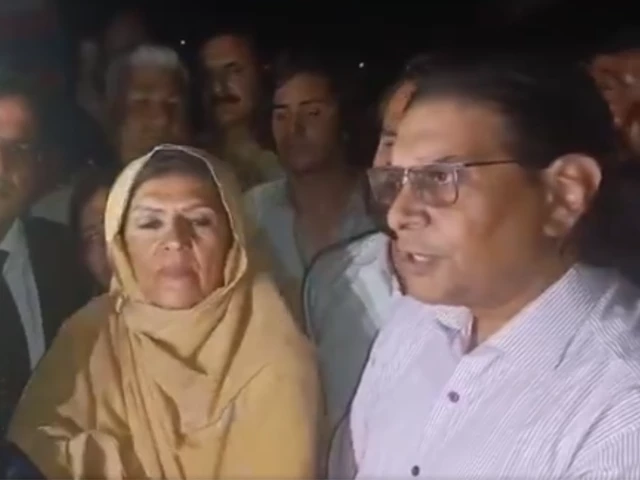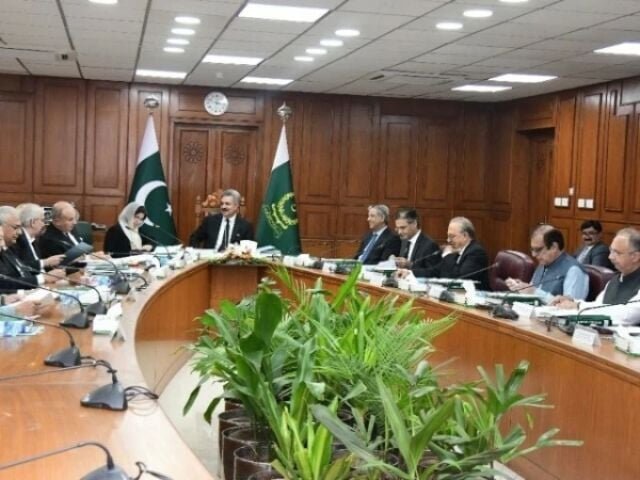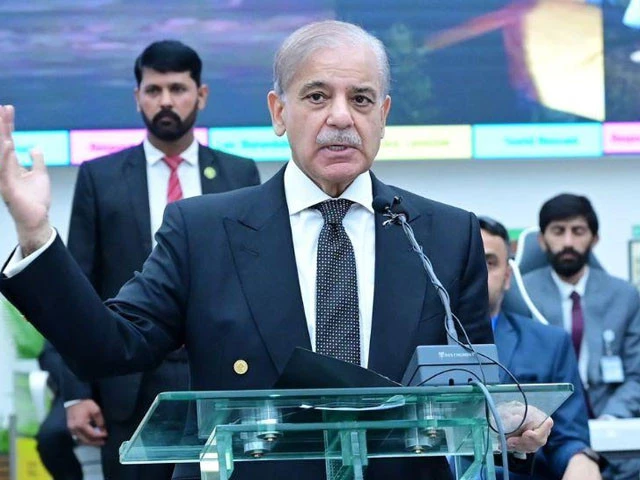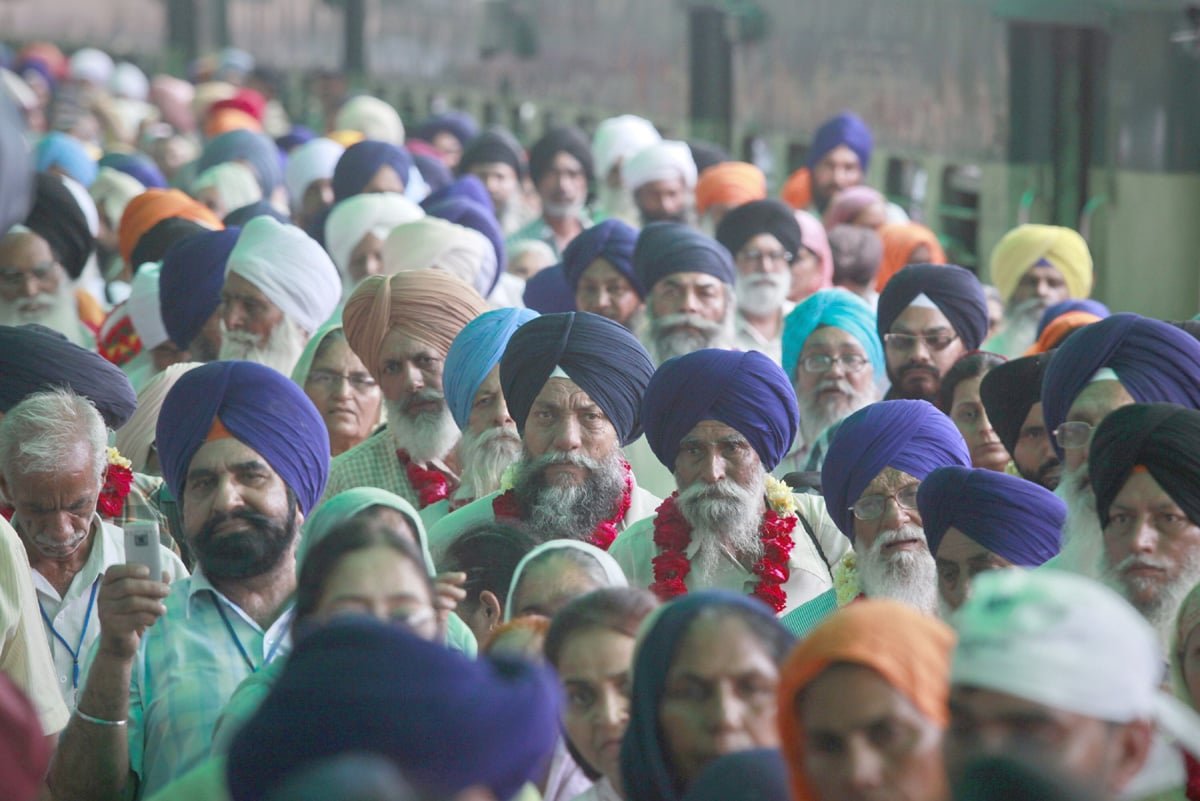Understanding Pakistan’s Political Landscape: The Future of PTI and Shah Mahmood Qureshi
In the ever-evolving arena of Pakistan politics, there’s been a lot of chatter about the Pakistan Tehreek-e-Insaf (PTI) and its current dynamics, especially with the recent developments surrounding Shah Mahmood Qureshi. After being acquitted early in August from charges related to the chaotic events of May 9, he is now awaiting his release, fueled by the backing of party Secretary General Salman Akram Raja. The buzz around Qureshi is more than just political suspense; it’s about the very direction of PTI under its founder, Imran Khan.
When Raja recently spoke to the media near Adiala Jail, his words emphasized the importance of unity within PTI. He asserted that Qureshi would align himself with Khan’s strategy, highlighting that “only the founder’s word holds weight within the party.” It raises an interesting question about the party’s future and whether they can present a cohesive front in the face of adversity.
Underlying these comments is a critique of the current political climate in Pakistan. Raja lamented the judicial system’s apparent lack of independence, calling into question the political freedoms guaranteed by the Constitution. It’s a narrative that’s becoming all too familiar in many democracies around the world—a struggle for autonomy in the face of political pressures.
PTI’s planned celebrations on August 14, in honor of Pakistan’s independence, are not, according to Raja, a protest but rather a show of solidarity with the party and its founder. Yet, the political landscape remains fraught with tension, as Raja voiced concerns about access to legal representation for party members—an issue that’s crucial for any democracy.
Moreover, the reports of authorities blocking access routes and using force against party workers paint a grim picture. During an attempted visit to meet Imran Khan and Bushra Bibi, Raja noted that family members were denied access, leading to protests that resulted in numerous injuries. The narrative of oppressive governance is echoed in Raja’s accusation of employing excessive force to silence dissent.
While the situation may appear bleak, the resilience shown by PTI’s supporters is commendable. The recent protests, although met with resistance, showcased a spirited desire to stand for their leaders and beliefs, reflecting a broader call for democracy and justice in Pakistan.
In conclusion, as PTI navigates these turbulent waters, the role of leaders like Shah Mahmood Qureshi will be pivotal in shaping the party’s roadmap. Staying engaged with this political journey is essential for anyone wanting to understand the intricacies of Pakistan’s future, and organizations like Pro21st are eager to connect with individuals curious about these developments. By keeping the conversation going, we can explore what lies ahead for PTI and the broader implications on Pakistan’s political landscape.
At Pro21st, we believe in sharing updates that matter.
Stay connected for more real conversations, fresh insights, and 21st-century perspectives.





